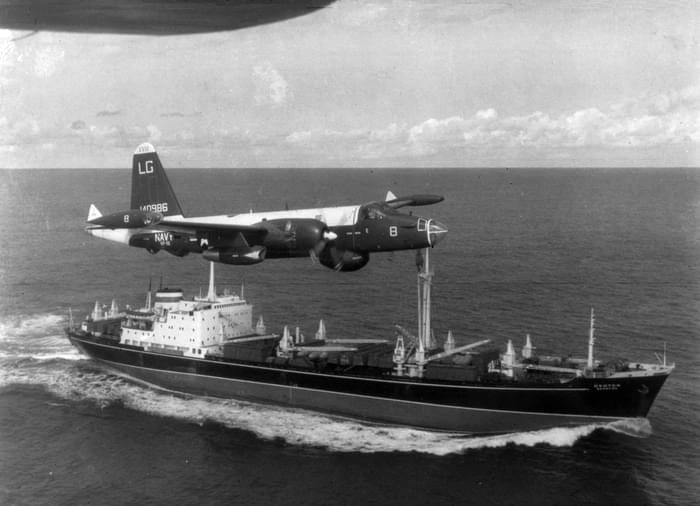Who was to blame for The Cold War. The most common GCSE question on the Cold War. Information on the four different viewpoints which covers all the important points needed for an essay.
Arguments for USA to blame:
- At Yalta Roosevelt did not define what was meant by a sphere of influence - Stalin saw it as total control over the East but the USA only wanted Russia to have an influence. Roosevelt also showed a lack of trust in Stalin. Roosevelt allowed Russia to move border into Poland as long as Russia did not interfere with Greece (shouldn't have bought Greece into this)
- Tested the atom bomb in 1945 caused tension between the two countries
- Truman was even more anti-Communist and suspicious of Stalin
- Truman Doctrine - America sending money and supplies to stop the spread of Communism - seen as unfair
- Marshall Aid - America gave money to rebuild Europe and prevent people wanting Communism as an alternative - made Stalin suspicious
- Berlin Blockade - airlifting the supplies was seen by Stalin as a form of confrontation
- NATO was set up for collective security which upset Russia who issued a statement of warning of consequences of military alliance in the West
Arguments for Russia to blame:
- At Yalta Russia insisted border moved into Poland despite America not agreeing at first. Took over government in countries that were freed from German control. Red Army present - Communist government was set up in Poland which was against Yalta
- Cominform and Comecon were set up to co-ordinate communist governments and industries. This was seen as a threat by the USA as it excluded the West
- The Berlin Blockade was provocative and angered the USA who saw it as a threat to freedom.
- The Warsaw pact was also seen as a threat by the USA
Arguments for both to blame:
- Leaders were suspicious of each other - lacked trust
- They were only interested in their own interests
- They had so many ideological differences they were bound not to get along
- Both involved in the Berlin Blockade and Airlift
- Had disagreements at Summit conferences (Yalta and Potsdam). Some areas should have been resolved better to avoid disagreement at a later date e.g. Spheres of influence.
Arguments for neither to blame:
- Inevitable because of vast differences in beliefs - uneasy allies only together because of the result of WW2
- Communists and Capitalist were so different
- America wanted equal rights, freedom etc and Russia wanted dictatorship with no individual rights or freedom - both totally different
